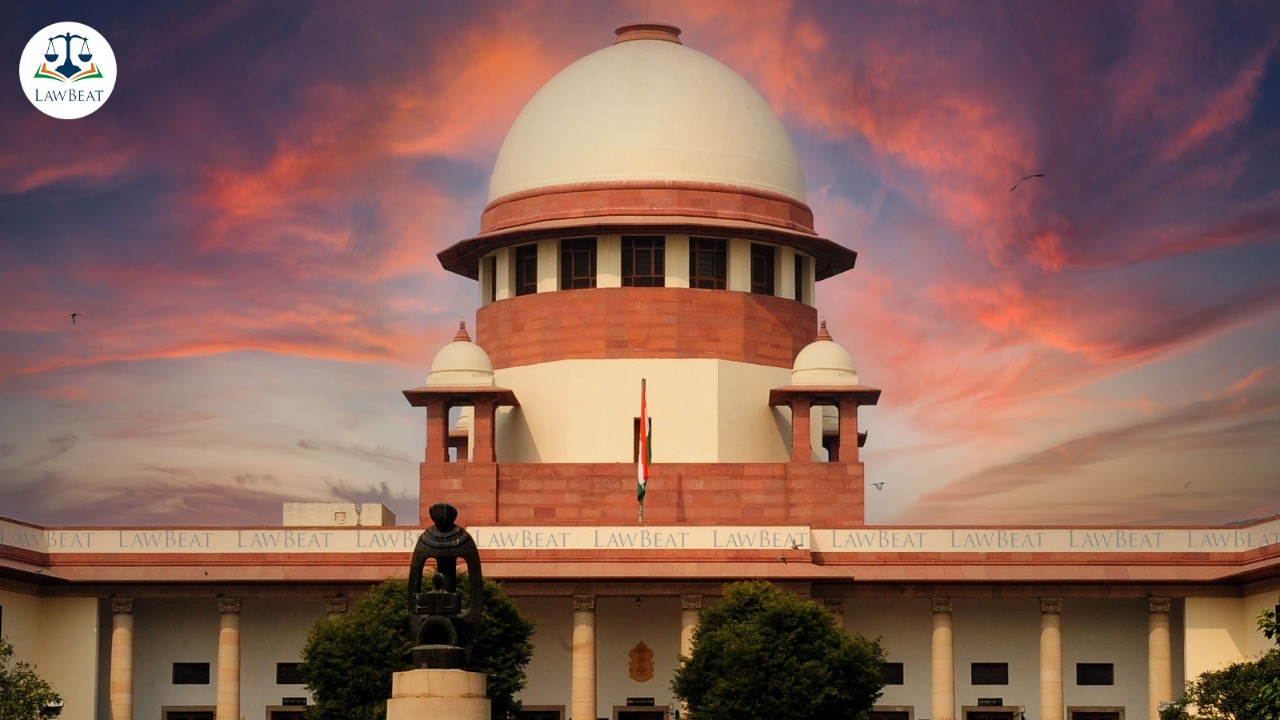SC acquits youth in POCSO case

The girl, in her statement under Section 164 of the CrPC, submitted that she was in love with the accused boy and eloped with him on her own will
The Supreme Court has acquitted a youth of the charges under the Protection of Children from Sexual Offences Act after finding that the girl was 18-20 years of age and her medical examination did not support the prosecution case.
A bench of Justices S Ravindra Bhat and Aravind Kumar set aside the Madras High Court's judgement which had awarded 10 years imprisonment to appellant P Yuvaprakash by modifying the sentence of life term handed out to him by the trial court.
In facts of the case, the court noted, the girl in her Section 164 CrPC statement said that she had known the accused, and both loved each other, for about a year; this was known to her father and grandmother, who objected to their relationship. This led to her consuming rat poison to commit suicide; however, she was hospitalised and treated. She further stated that she eloped with the appellant voluntarily- a fact known to her aunt and sister. She also stated that the appellant and his relatives solemnised her marriage with him, and they lived as a married couple. She further clarified that she was never abducted nor married forcibly.
The court also noted in order to prove the age of the girl, none of the documents produced during the trial answered the description of “the date of birth certificate from the school” or “the matriculation or equivalent certificate” from the concerned examination board or certificate by a corporation, municipal authority or a Panchayat. In these circumstances, it was incumbent for the prosecution to prove through acceptable medical tests/examination that the victim’s age was below 18 years as per Section 94(2)(iii) of the Juvenile Justice Act. Her ossification test disclosed that the age of the said girl would be more than 18 years and less than 20 years.
The bench also pointed out in her statement under Section 164 of the CrPC, the victim had deposed that she was in love with the appellant, had consumed poison, and had even been hospitalised because she was adamant to live with the appellant.
"No doubt, she resiled from her statement. Yet, the medical evidence indicated that the victim had a ruptured hymen; there was no external injury at her private parts... In view of these facts, this court is of the opinion that the prosecution was not able to establish that there was any penetrative sexual assault as a result of coercion or compulsion on the part of the appellant," the bench said.
The court also said the definitions under POCSO Act, especially the definitions of “sexual assault”, Sections 5 and 6, read with Sections 350 and 351 IPC, it can be seen that it is only when there is penetrative sexual assault, which implies sexual contact with or without consent of the minor victim, that the offences under the POCSO Act are committed.
"Having regard to these overall factors, the court is of the opinion that the statement under Section 164 of the CrPC contained a truthful narration of the events. This, in other words, meant that there was no penetrative sexual assault on her. Therefore, the provisions of the POCSO Act will not be applicable in this case. The charges against him, under Section 6 of the POCSO Act as well as Section 10 of the Prohibition of Child Marriage Act, cannot be sustained; the findings of the courts below, i.e., conviction and sentences imposed are, therefore, set aside," the bench said.
Case Title: P. YUVAPRAKASH V STATE REP. BY INSPECTOR OF POLICE
